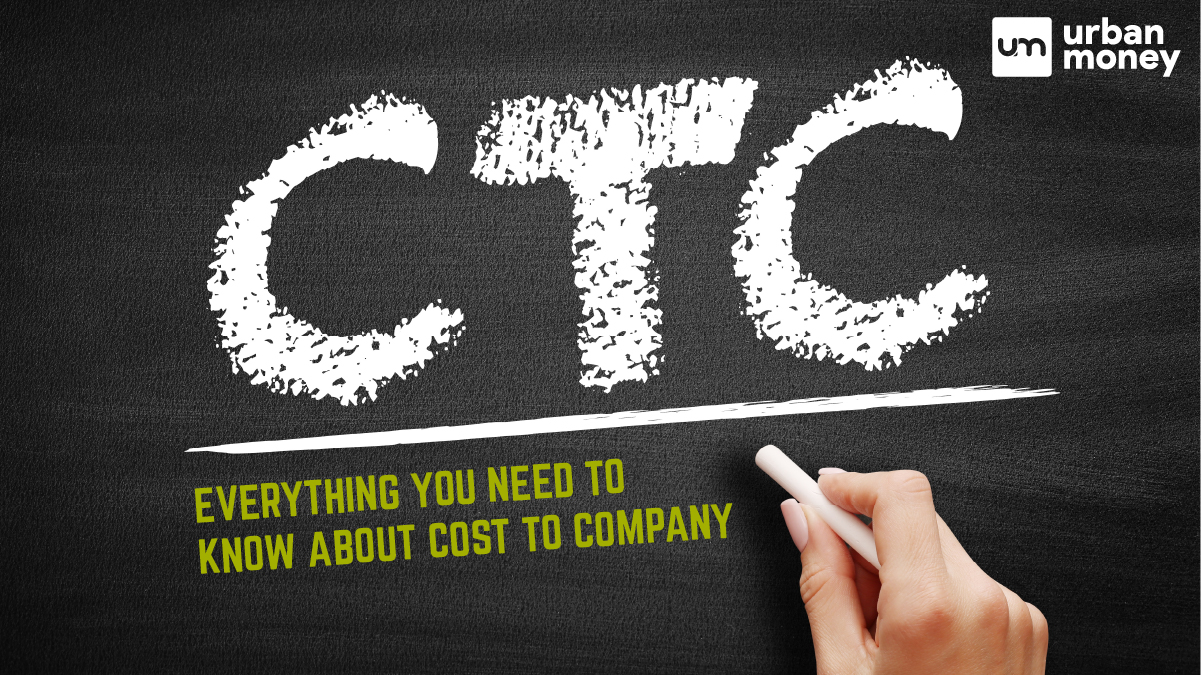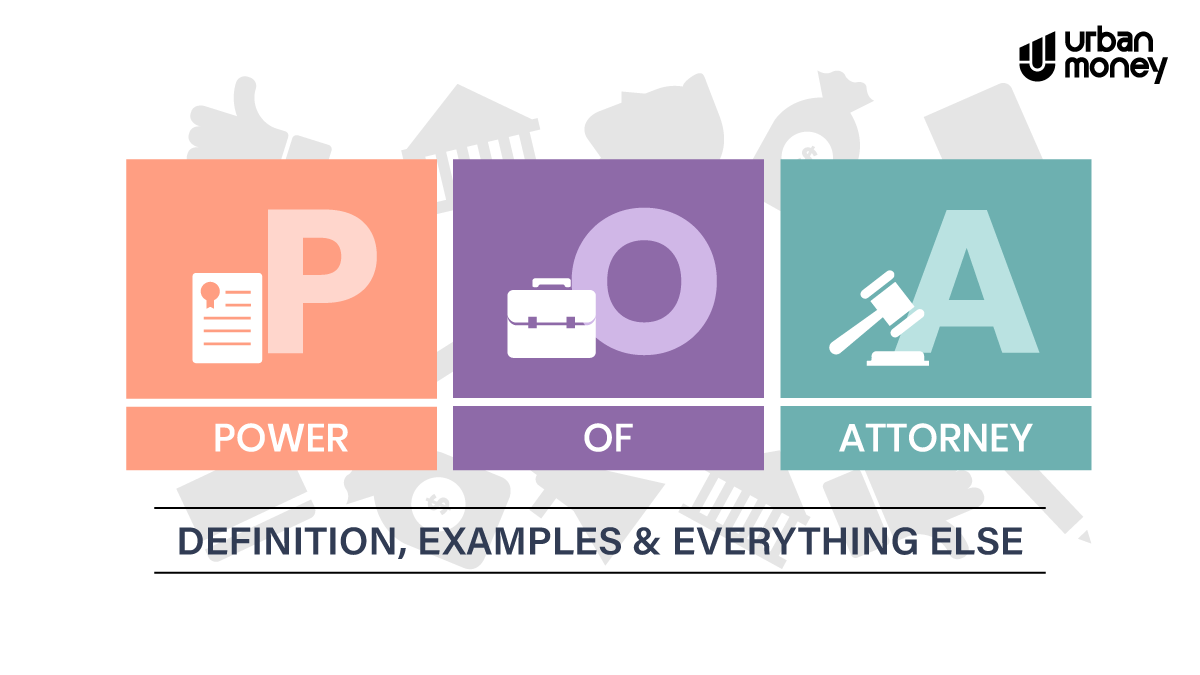A personal loan is one of the most common methods of availing of a loan and accumulating those funds to fulfil personal or business requirements. The personal loan can be meant for varied reasons such as higher education, marriage purpose, home renovation, starting a new business, and everything else that requires a huge fund to meet urgent needs.
Under the personal loan, there are several loan terminologies that the finance experts use to explain the product. Read all the loan terminology in this article to understand the product better.
- Actual Percentage Rate (APR) APR is a loan terminology that defines the basic overall credit costs. The APR of a loan is the essential overall fee. It includes the loan’s interest component as well as the principle that the borrower pays annually to the creditor. With the help of APR, the customers can easily compare the different loans with different rates of interest and charges.
- Application Fee: The lender asks for this fee from the borrower to cover the costs for the loan processing step.
- Automatic Payment: Automatic Payment is a personal loan terminology that refers to the repayment options for the loan. By choosing this facility in the personal loan, the monthly EMIs on the personal loan will automatically get deducted from the bank account of the borrower. This deduction will be done on a particular day of every month. The borrower will not be bothered to pay the EMIs manually each time.
- Borrower: A borrower is a person who borrows the loan amount from the lender.
- Collateral: Collateral is also known as security. It is an asset that is used for backing up the loan. If the borrower fails to repay the loan on time, or there is any default in the payment of monthly instalments, the lender gets the right to repossess the collateral that the borrower has pledged as collateral for their loan.
- Credit Agency: It is a loan terminology given to the organization that monitors the credit information as well as creates reports related to the credits for the lenders to determine an applicant’s eligibility for availing a personal loan.
- Credit History: Credit history refers to an individual’s history of borrowings and repayment transactions that has been undertaken. It is one of the most significant factors in determining the eligibility of an individual for a personal loan.
- Credit Report: Certified agency for credit ratings generates this report that shows the history of credits of an individual.
- Credit Score: The value of an individual and their ability for the repayment of the loan amount. The credit score is calculated based on the borrowings and repayment history of the individual.
- Debt Consolidation Loan: This is a loan terminology given to the loan that can be taken to combine all other existing loans. Debt consolidation loans have lower interest rates. It is the best loan for individuals who have multiple loans to repay along with the credit card bills that they need to clear. All the debts of an individual are clubbed and put under a single umbrella. It effectively ensures that there is one single loan for the individual to repay.
- Default: In a particular case where the borrower is not able to meet the legality set by the financial institution, they are said to have defaulted on the loan.
- Fixed-Rate of Interest: The rate of interest which does not change over the repayment tenure of the personal loan is known as the fixed rate of interest.
- Floating Rate of Interest: The floating rate of interest has exactly the opposite mechanism of the fixed interest rate. It defines the interest rate that keeps changing over the repayment tenure.
- Guarantor: A guarantor is a person responsible on behalf of the borrower in case of any failed loan payment. The financial institution will ask for a guarantor from the borrower when their credit history is not up to the mark or matches the level of a good credit score. In such situations, the guarantor becomes liable to pay back the loan.
- Interest Rate: It refers to the cost that the borrower pays for availing the loan from the lender. Interest rate is a percentage of the loan that the borrower will have to pay to the financial institution with the principal amount every month.
- Late Payment: Late payment is a loan terminology that refers to the late payment of monthly EMI. The lenders charge an amount or fees from the borrower in case of any late paying of the monthly due.
- Lender: A lender is a financial institution that lends the money to the debtors/borrowers.
- Line of Credit: It is an essential loan that does not require collateral or security. This loan is normally available at variable rates of interest.
- Loan Agreement: This is an official document in which all the terms and conditions of the personal loan are embedded. It also mentions the limits and obligations of both lenders and borrowers.
- Payday Loans: It is an unsecured personal loan that is availed based on the job. It is an ideal loan for a financial crisis. In case, an individual runs short of money by the end of the month, the payday personal loan can be taken for a few days. The borrower can repay the money once their salary is credited to the account.
- Prepayment Fees: In situations where the borrower wants to repay the loan ahead of the repayment schedule, the financial institution will charge a prepayment fee from the borrower. Not all lenders will ask for prepayment fees, but those who do will levy a charge. This is done to recover the money that they were expecting from the interest amount paid by the borrower.
- Principal Amount: This is the amount that a debtor borrows from the lender, excluding the collateral and security fees on the loan.
- Secured Personal Loan: It is a loan terminology in a personal loan where the borrower must give their asset as collateral or security.
- Term: It refers to the loan repayment period – the time that has been given to the borrower to repay the loan amount.
- Unsecured Personal Loan: For this loan, the borrower does not require putting their asset or does not require any security or collateral.
FAQs
What are personal loan terms?
The personal loan terms refer to the broadway in which the various details of loans are described. It includes monthly payments, the repayment tenure, and other costs associated with the loan. This loan terminology describes the technical language used by the finance experts. One should know the loan terminology as it will save them from any confusion or problem while applying for a loan in the future.
What is a 360-loan term?
A 360 -loan term refers to the amortized loan for over 360 months with the rate of interest that will remain the same for the entire loan life.
Why do banks use 360 days instead of 365?
Banks use 360 days instead of 365 because when the annual rate of interest is divided by 360, it will give a large daily interest rate. Then, this rate of interest is multiplied by the days of the month. This calculation will give a large payment of interest. It is because dividing the annual rate by 360 will create a larger interest than dividing it by 365.
What is a balloon note loan?
Balloon note loan refers to the loan that does not fully amortize upon completing its term. Since the loan is not fully amortized, the customer has to pay a balloon amount at the end of the term. This is paid for the remaining principal balance of the Balloon note loan.































